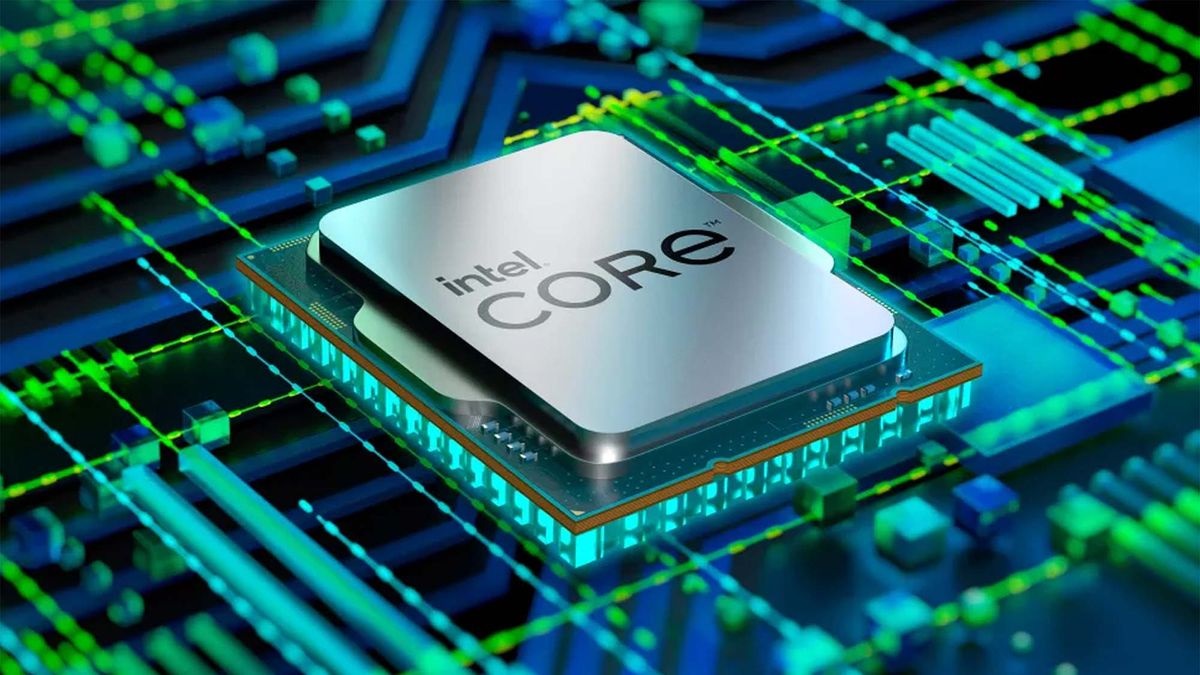Fix Incoming! Intel uncovers the root cause of Raptor Lake instability
Internal Intel comments confirm the root cause of Raptor Lake instability issue
Update – Intel has denied claims that their eTVB microcode bug is the “root cause” of Raptor Lake’s stability issues. The bug may be a contributing factor, but it is not the root cause.
Contrary to recent media reports, Intel has not confirmed root cause and is continuing, with its partners, to investigate user reports regarding instability issues on unlocked Intel Core 13th and 14th generation (K/KF/KS) desktop processors,
The microcode patch referenced in press reports fixes an eTVB bug discovered by Intel while investigating the instability reports. While this issue is potentially contributing to instability, it is not the root cause.
– Thomas Hannaford – Intel
Intel’s Raptor Lake instability saga has been ongoing for several months now. Now, it looks like Intel has uncovered the root cause of the instability issues affecting from 13th/14th Raptor Lake CPU users. In short, it’s a microcode issue, one that was exposed by the high stock motherboard settings of overclocking capable motherboards.
Specifically, there is an “incorrect value” in the microcode for Intel’s eTVB (enhanced Thermal Velocity Boost) feature. This mistake made this feature function incorrectly in some way. Specifically, this issue occured at high temperatures. This caused stability issues in scenarios when higher than standard power and voltage limits are available with many overclocking-ready motherboards.
Root Cause Root cause is an incorrect value in a microcode algorithm associated with the eTVB feature.
Implication Increased frequency and corresponding voltage at high temperature may reduce processor reliability.
Observed Found internally.
Impacted platforms Raptor Lake S, Raptor Lake Refresh S (CPUID 0xB0671)– Intel Documents via Igor’s Lab
What’s interesting is that this bug appears to be present with older Intel processors, but was never an issue due to the “lower default operating voltage and frequency” of these CPUs. Thankfully, microcode issues can be fixed through BIOS updates. That means that Intel will be able to address these stability issues with relative ease.
Failure Analysis (FA) of 13th and 14th Generation K SKU processors indicates a shift in minimum operating voltage on affected processors resulting from cumulative exposure to elevated core voltages. Intel analysis has determined a confirmed contributing factor for this issue is elevated voltage input to the processor due to previous BIOS settings which allow the processor to operate at turbo frequencies and voltages even while the processor is at a high temperature. Previous generations of Intel K SKU processors were less sensitive to these type of settings due to lower default operating voltage and frequency.
Intel requests all customers to update BIOS to microcode 0x125 or later by 7/19/2024.
This microcode includes an eTVB fix for an issue which may allow the processor to enter a higher performance state even when the processor temperature has exceeded eTVB thresholds.
– Intel Documents via Igor’s Lab
Intel OEMs and motherboard partners will need to release new BIOS updates for their hardware. These updates will implement new Intel microcode that will address Raptor Lake’s stability concerns. BIOS’ wit this update should be available by July 19th, which is great news for new and existing Raptor Lake CPU users.
You can join the discussion on Intel’s Raptor Lake stability issues on the OC3D Forums.




